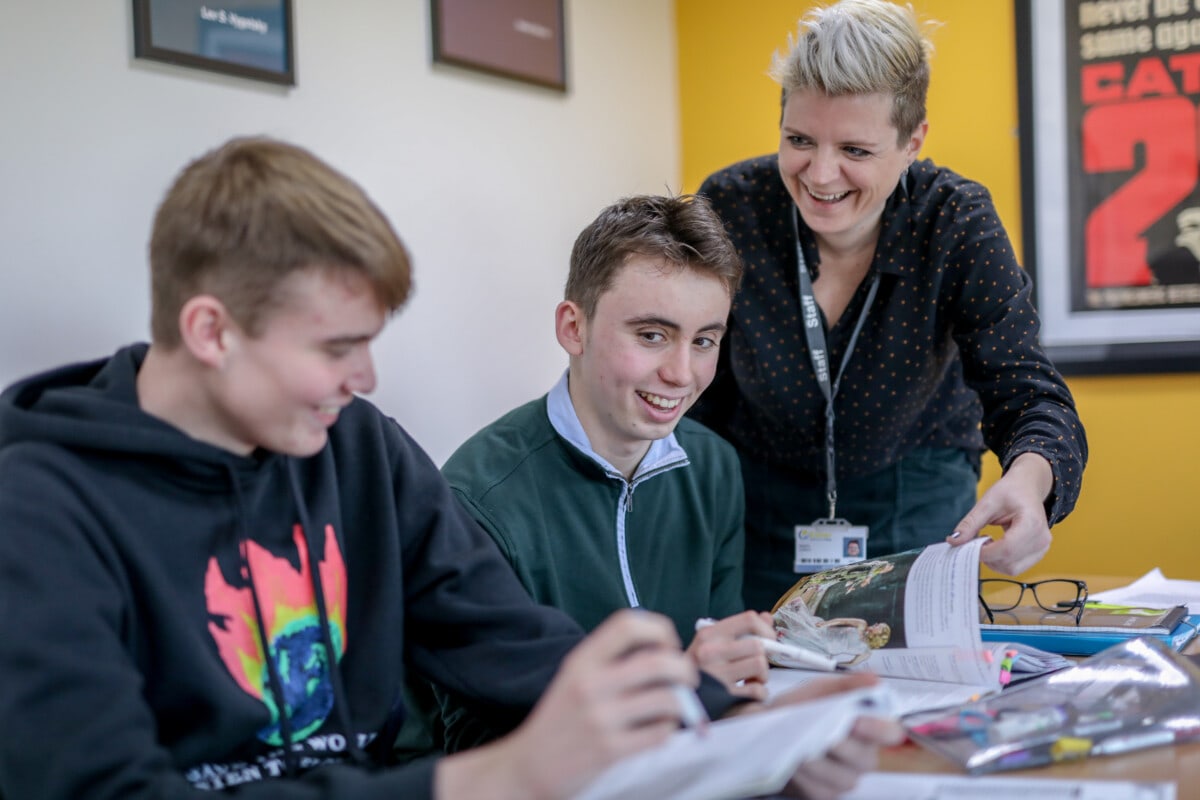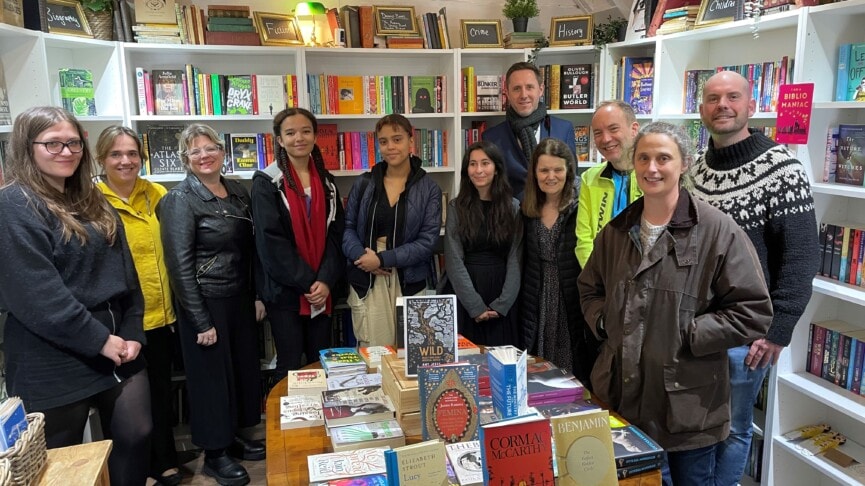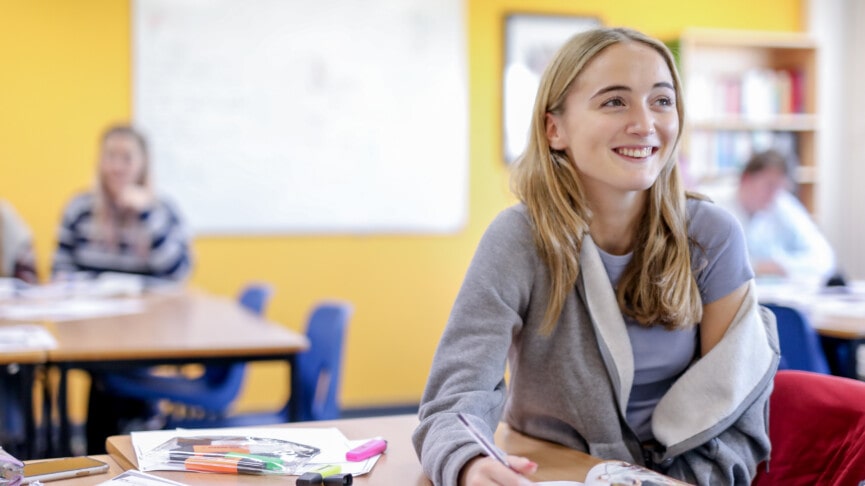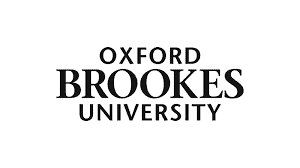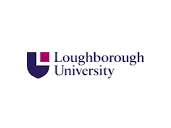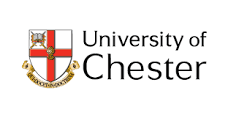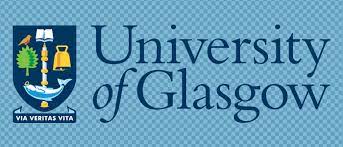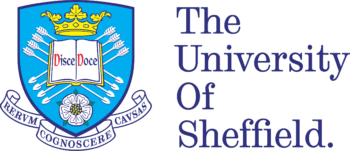Overview
Providing a refreshing perspective on English, the combined English Language and Literature A Level gives you the opportunity to develop your skills in analysing both fiction and non-fiction texts as well as providing the opportunity to write creatively in a style of your choice.
This is an ideal course for anyone wishing to learn more about the English language and how it is used in a variety of contexts.
Entry Requirements
In addition to the general criteria that the college requires, you will need a minimum of:
• Grade 4 in GCSE English Literature
• Grade 4 in GCSE English Language
Course Details
You will study the language of an anthology of nonfiction texts from Captain Scott’s Diary of his Antarctic expedition and Jeremy Paxman and Russell Brand’s broadcast television interviews, to live music reviews from the national press and the abdication speeches of kings. You will also study literary texts including; Breaking Silence by Jacob Sam La Rose; Jez Butterworth’s modern play ‘Jerusalem’ and the novel Jane Eyre by Charlotte Bronte.
In the second year, you will also produce a coursework folder containing one piece of original creative writing and an analytical essay comparing two modern texts, for example ‘Stasiland’ by Anna Funder and Mohsin Hamid’s ‘Exit West’
This course provides a broad overview of the different types of English Studies and is quite different from English GCSE, featuring both linguistic and literary analysis and a significant element of creative work.
Assessment
Assessment is by three written exam papers (worth 80% of the total mark) and coursework (worth 20% of the total mark), which is written in the second year.
Subject Combinations
English Language & Literature combines well with subjects like History, Classical Civilisation, Drama and Theatre Studies, Media, and Sociology.
If you choose to study English Language & Literature A Level, it is advised you don’t take another English A Level such as English Language or English Literature.
University Destinations
English Language and Literature A Level is a highly respected qualification, with 90% of our students progressing onto University.
Here are some typical University Destinations that our English Language and Literature A Level students go on to. Click on a destination to see some examples of courses they have taken;
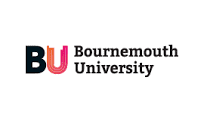
Bournemouth University
Typical courses: Multimedia Journalism / Multimedia Sports Journalism / Games Design

University of the Arts London
Typical courses: Fashion Marketing / Fashion Public Relations and Communication
Careers
This subject is considered a competitive one in terms of university entrance. It attracts a lot of applicants for university as it combines the academic, creative and analytical skills which are so valued in many careers. The skills are transferable to a range of disciplines and careers, including Publishing, Journalism, Psychology, Law, Advertising and Marketing.
FAQs
What is the difference between the three English A Level courses?
They are all quite different from each other;
- English Literature – This is your traditional English A Level. You study plays, poetry, drama and then you discuss the issues within those texts in class and write essays about them. The range of text goes from the Romantics, Shakespeare, and then modern poetry and modern plays. There is a lot of reading on this course, and you will need to enjoy reading to do this course. It is a fascinating course that is really interesting and students who study it, love it.
- English Literature and Language – 70% of the course is English Literature where you will study poetry, a play, and novels. In addition there is a creative writing focus as well as some literary non-fiction books on this course.
- English Language – This course is the most different to the one you studied at English Language GCSE. Here you will study the history of English and how it has evolved over time, things like etymology (where words come from) and the influence of historical events on the English language. We also look at how children learn to speak and write, and the theories surrounding that. There is also a creative writing element here and please note, there are absolutely no plays or novels to study on this course. It is all non-fiction. All the examinations are unseen, so you won’t be given any text and instead you have to respond to the questions based on what you have learned on the course.
What extra support/enrichment activities are on offer?
There are subject tutorials available with our teachers and the department runs a weekly clinic to support students with a range of syllabus topics. We also have strong links with the Learning Support department, which offers specific help when needed on everything from technical skills, and planning essays to improving your reading skills.
We run courses in creative writing as a complementary study option in your first year, and also at the end of the year during Wider Skills Week. English Language is well represented on our Enrichment programme of talks and seminars, and we have frequent visits to the theatre and cinema.
Our Learning Resource Centres offer extensive online resources that you can use in college or at home. To find out more visit Online Subscription Resources for English
What skills will I need and develop on this course?
By the end of the course English Language and Literature students will have developed an impressive array of transferable skills including critical analysis, structuring arguments, selecting evidence, debating interpretations of fictional and non-fiction texts and developing effective creative writing skills.
How big are the class sizes?
The maximum size of classes is 20, but the majority of our classes are smaller than this.
What is the expectation of reading on each course?
As you would expect with an English A Level you will be doing a lot of reading.
There are no set texts for English Language, but you will be reading a wide range of content, for example an extract from the 1600s or a transcript of children’s speeches, and taking them home to annotate and then bringing it back into class ready to discuss.
With English Literature, you need to read two novels in the second term, a play and a collection of poetry. The most successful students are the ones who will be reading beyond the syllabus.
With English Language and Literature you only read one novel instead of two, which is Jayne Eyre, by Charlotte Bronte.
